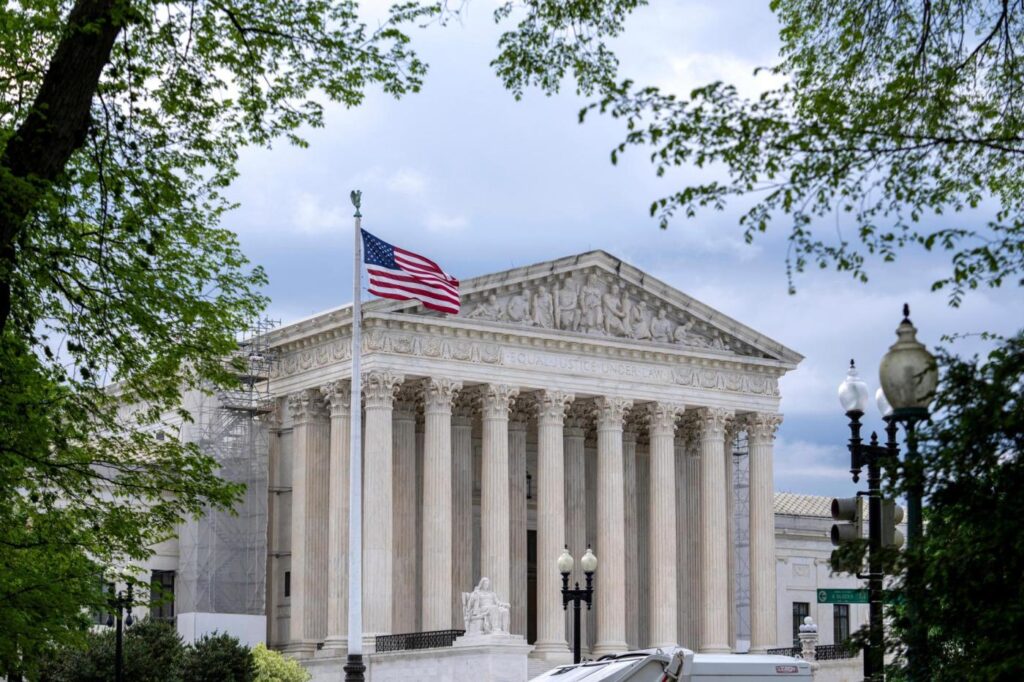
By MARK SHERMAN, Associated Press
WASHINGTON (AP) — A unanimous Supreme Court made it easier Thursday to bring lawsuits over so-called reverse discrimination, siding with an Ohio woman who claims she didn’t get a job and then was demoted because she is straight.
The justices’ decision affects lawsuits in 20 states and the District of Columbia where, until now, courts had set a higher bar when members of a majority group, including those who are white and heterosexual, sue for discrimination under federal law.
Related Articles
Wall Street is on hold as the countdown ticks toward Friday’s jobs report
The number of Americans filing for jobless benefits last week rises to highest level in eight months
Pampers maker Procter & Gamble to cut up to 7,000 jobs as companies are buffeted by higher costs
Trump announces travel ban and restrictions on 19 countries set to go into effect Monday
Jury deliberations near in Weinstein sex crimes retrial
Justice Ketanji Brown Jackson wrote for the court that federal civil rights law draws no distinction between members of majority and minority groups.
“By establishing the same protections for every ‘individual’ — without regard to that individual’s membership in a minority or majority group — Congress left no room for courts to impose special requirements on majority-group plaintiffs alone,” Jackson wrote.
The court ruled in an appeal from Marlean Ames, who has worked for the Ohio Department of Youth Services for more than 20 years.
Ames contends she was passed over for a promotion and then demoted because she is heterosexual. Both the job she sought and the one she had held were given to LGBTQ people.
Title VII of the Civil Rights Act of 1964 bars sex discrimination in the workplace. A trial court and the 6th U.S. Circuit Court of Appeals ruled against Ames.
The 6th circuit is among the courts that had required an additional requirement for people like Ames, showing “background circumstances” that might include that LGBTQ people made the decisions affecting Ames or statistical evidence of a pattern of discrimination against members of the majority group.
The appeals court noted that Ames didn’t provide any such circumstances.
But Jackson wrote that “this additional ‘background circumstances’ requirement is not consistent with Title VII’s text or our case law construing the statute.”
